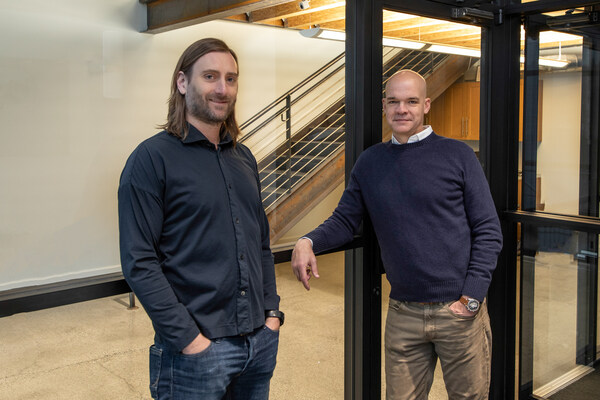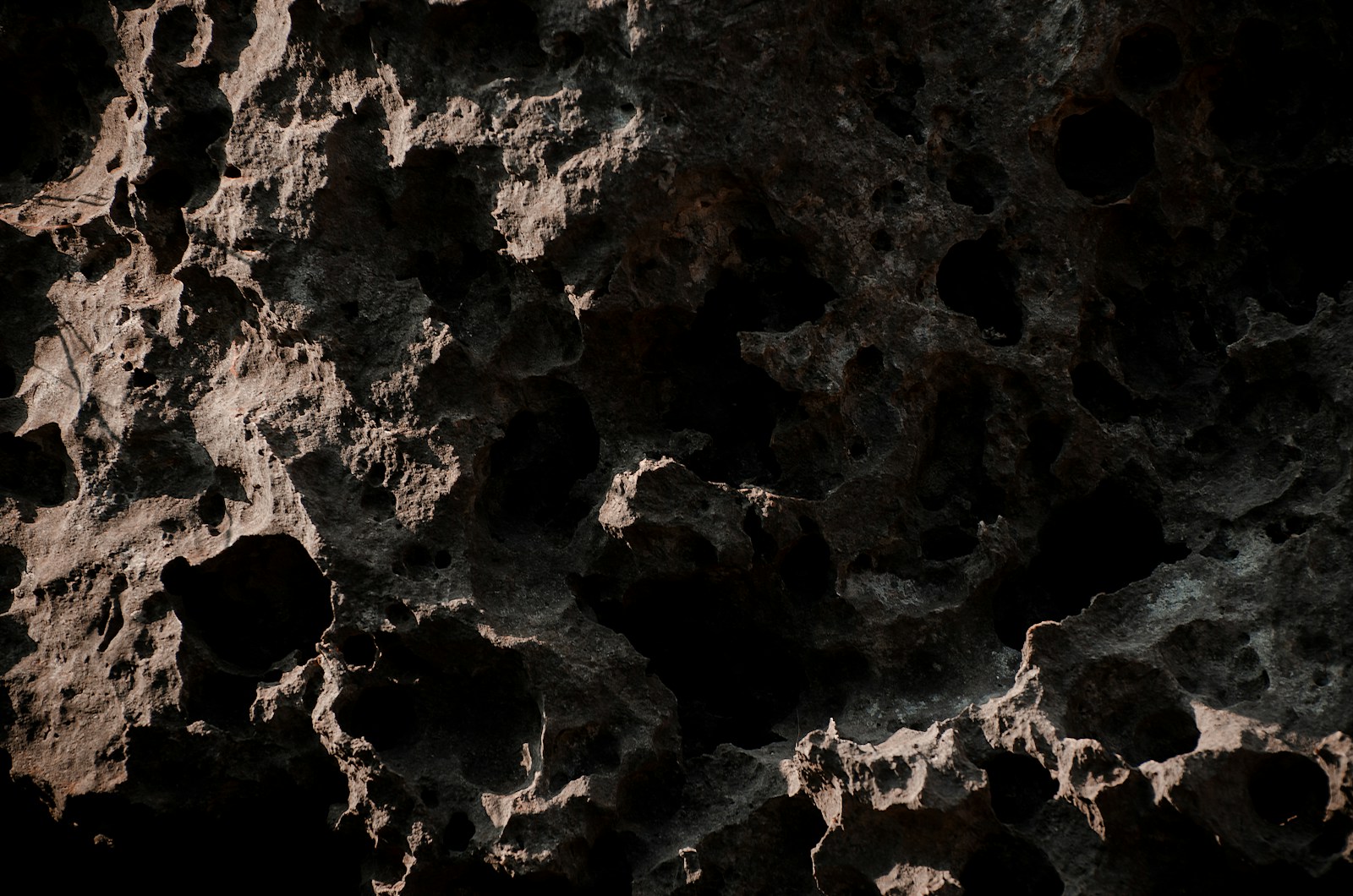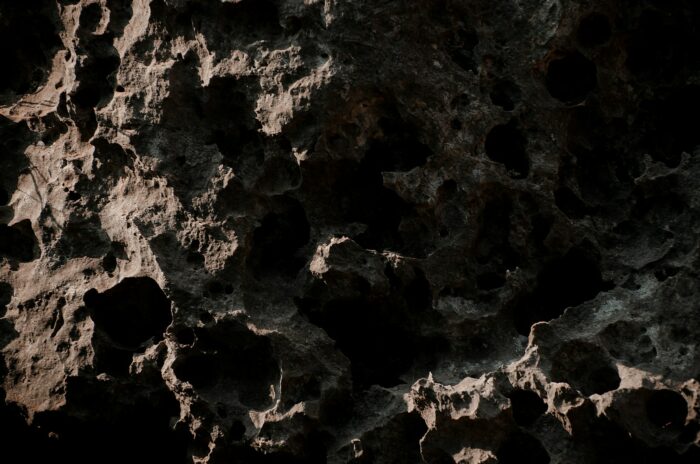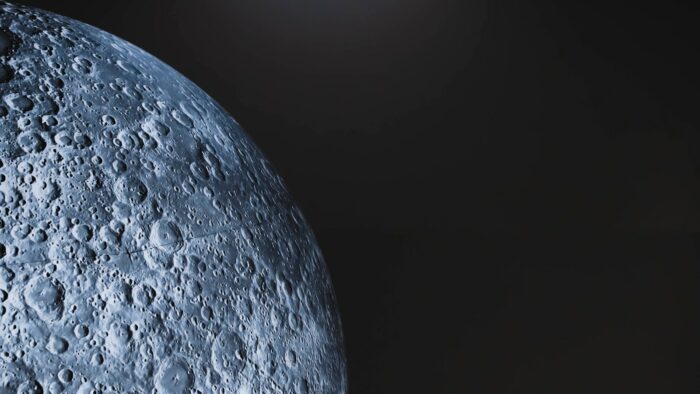Insider Brief
- Arkadia Space has secured its first fully commercial contract with MaiaSpace to supply 250N monopropellant thrusters for MaiaSpace’s launch vehicles.
- The hydrogen peroxide-based propellant used in Arkadia’s thrusters offers a significant advantage over traditional hydrazine-based systems by reducing costs and environmental impact.
- Image credit: Arkadia Space
Arkadia Space has secured its first fully commercial contract with MaiaSpace, a European launch service provider. Under the contract, Arkadia will supply 250N monopropellant thrusters for MaiaSpace’s launch vehicles. These thrusters are crucial for maintaining the rocket’s stability and precision during flight, particularly through their role in the Reaction Control System (RCS).
Developed under the European Space Agency’s (ESA) ARIEL contract, the thrusters are subject to ESA’s strict oversight, ensuring their reliability and performance. “This contract highlights the trust that a company like MaiaSpace places in Arkadia to supply key components for its launcher. Now, it’s time to prove our capabilities,” said Francho García, CEO of Arkadia Space. Additionally, the hydrogen peroxide-based propellant used in the thrusters offers a significant advantage over traditional hydrazine-based systems by reducing costs and environmental impact.
Yohann Leroy, CEO of MaiaSpace, expressed confidence in the partnership, stating, “We are extremely pleased to engage with Arkadia into this win-win partnership. We are confident in the capacity of this innovative company to deliver on time and cost key components to equip the first European reusable and eco-responsible mini-launcher.”
This contract marks the beginning of a strategic collaboration between the two companies, with potential for further partnerships in the future. For Arkadia Space, the agreement highlights its growing reputation as a reliable player in the aerospace sector, ready to expand its capabilities and take on more ambitious projects. The company’s upcoming launch of its DARK propulsion system aboard D-Orbit further cements its role in shaping the future of propulsion systems for space exploration.

As Arkadia continues to develop propulsion systems based on green propellants, its commitment to sustainability positions it as a promising option for future space logistics missions.
Share this article:










